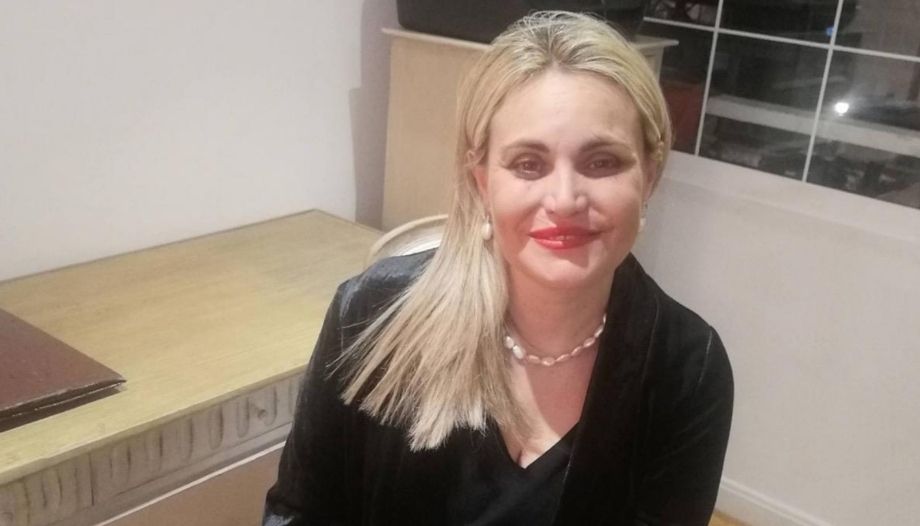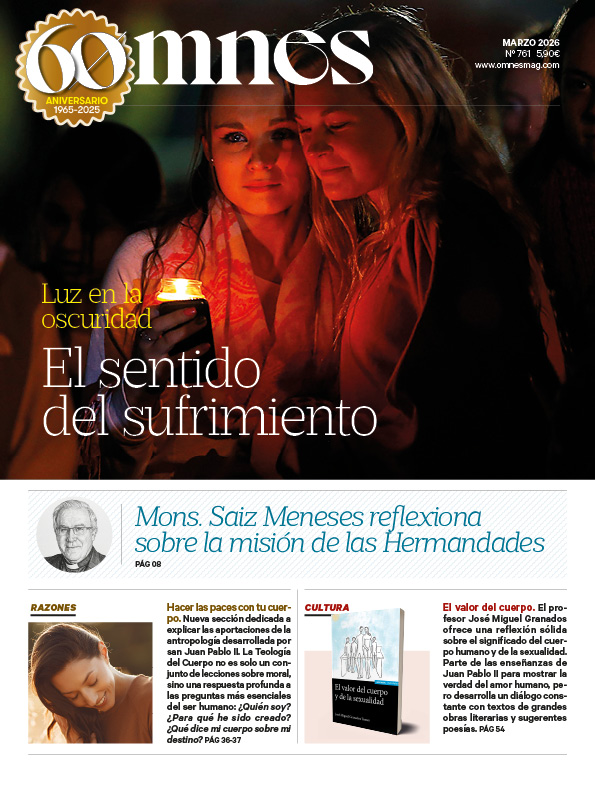Generations wounded by war. The invisible imprint on the mental health of those fleeing war. This is the issue that concerns Ana Villota, founder of the Association AISSThe company, an entity that provides housing for people with mental illnesses, and a forensic social worker.
Villota and his team refer to all wars, not just the Middle East. For example, the millions of displaced people generated by the war in Ukraine, in Europe and outside Europe, and other conflicts around the world.
– Supernatural president of AISS He also assures that "war conflicts mark not only those who live through them, but also future generations".
Protecting childhood. "Terror in their eyes".
War is not only measured in material ruins or in numbers of displaced people. It also leaves invisible scars that accompany for life those who have survived the horror, explains Ana Villota, who is also a forensic social worker.
"Child protection is fundamental, it is definitely our future. Wars mean for children the loss of all their reference figures. The family is a child's refuge and in many cases they have seen fathers, mothers and grandparents die," he adds.
That early tearing, he says, leaves an intergenerational echo. "Constant exposure to a war scenario doesn't just stay with the person who lived through it, but also with future generations. We are talking about generations wounded by those experiences. You don't need to be an expert to read the terror in their gaze."
Role of social workers
In this context, the role of social workers becomes key. Specifically, Villota defines it as a bridge between trauma and reconstruction.
The work they do in these war scenarios, he says, is "to promote the reconstruction of resources and defend human rights, acting as promoters of peace. And trying to facilitate change in a society that after a war is plunged into poverty, loss of resources, forced displacement and dehumanization.
The psychological sequelae are profound, he continues. Post-traumatic stress, depression and anxiety are the most common pathologies, and the approach requires multidisciplinary teams. "We are talking about people who have lost their home, their family, their resources and in many cases their land. They usually present a constant state of alertness and vulnerability. They are men and women who have seen family members die, or professionals such as doctors, military personnel or journalists who are also affected," he explains.
Towards recovery
As for the road to recovery, Villota says there is no single answer. "It depends on each case and each experience. In addition to psychotherapy treatment, they may need pharmacological support". And she adds that "according to studies, they usually live with anxiety, constant fear and physical somatization.
They live with loss of confidence, sadness, fear and difficulty in their daily lives to normalize their relationships with others".
International cooperation, she concludes, is the key to accompanying these reconstruction processes. And, although the future seems uncertain for many of the survivors, the specialist insists that the commitment of civil society and mental health professionals can make the difference between being trapped in the trauma or starting over.








